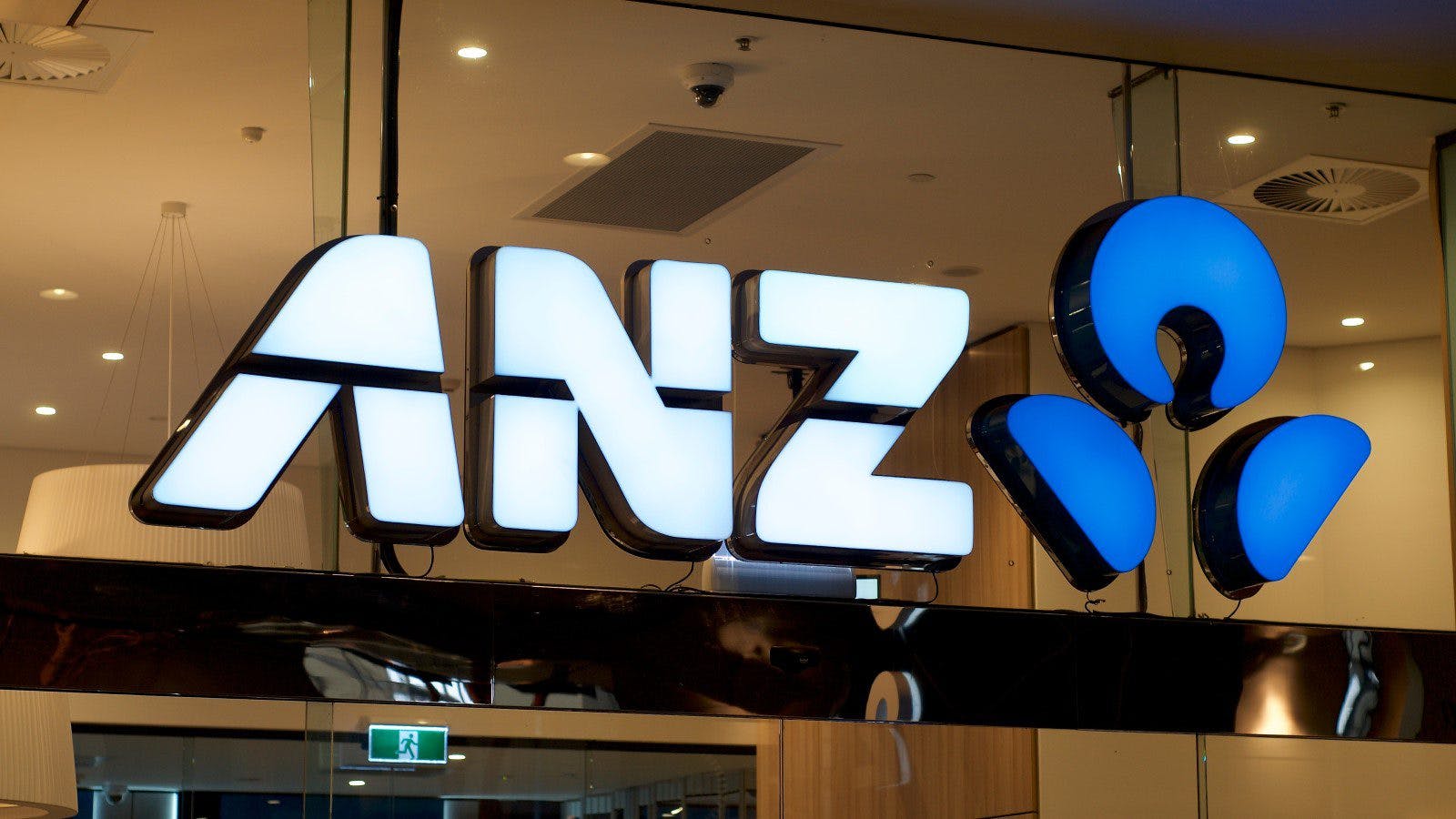ANZ Bank’s Stablecoin Used To Purchase Tokenized Carbon Credits
ANZ Bank’s A$DC stablecoin, the first issued of its kind by a bank, is demonstrating tokenized assets beyond cryptocurrency, Zerocap said

Credit: Shutterstock
- Zerocap, a digital asset manager and custodian, acted as a market maker for the Victor Smorgon Group in a landmark tokenized carbon credit transaction
- It’s the latest use case for the bank-backed Australian stablecoin following a $30 million pilot transaction in March
A stablecoin issued by one of Australia’s biggest banks, ANZ, has been used to purchase tokenized carbon credits in a landmark transaction aimed at testing the asset’s feasibility in carbon abatement instruments.
Victor Smorgon Group (VSG), a private investment firm managing the Smorgon family‘s billions in assets, bought Australian Carbon Credit Units in their tokenized form from carbon trading platform BetaCarbon, according to a statement Sunday.
BetaCarbon tokenizes Australian carbon credits into its BCAU token, with each representing 2.2 pounds (1 kilogram) of carbon captured.
“BetaCarbon is the first provider to tokenize Australian Carbon Credit Units (ACCUs) using blockchain technology. Our long-term objective is to trigger more carbon sequestration and removal and drive up the cost to emit CO2 to incentivize economy-wide emissions reduction,” BetaCarbon CEO and Founder Guy Dickinson told Blockworks.
It’s the latest for the A$DC stablecoin, launched in March, which became the country’s first dollar-backed stablecoin issued by a bank — redeemable on a 1:1 basis for Australian dollars. In that instance, A$DC was used to facilitate a $30 million pilot transaction using a smart contract that was compatible with the Ethereum virtual machine (EVM).
In the latest transaction, VSG first sent a request to ANZ asking to convert a set amount of Australian dollars into A$DC. ANZ minted the equivalent amount and passed it along to digital asset fund manager and custodian Zerocap.
The fund manager then acted as the market maker for the carbon credit transaction whereby a quote was sought after in Circle’s USDC stablecoin, BetaCarbon’s preferred pair, before a market was created by Zerocap in A$DC/BCAU on behalf of VSG.
The transaction provided A$DC/BCAU liquidity while offering both VSG and Zerocap redemption rights for A$DC, according to the statement.
“Everybody involved, particularly ANZ and Zerocap, really want to expand the use of the stablecoin [A$DC],” Zerocap’s CEO Ryan McCall told Blockworks in an interview. “Our thesis is that we will see the tokenization of everything including bonds, equities, property, the works.”
He said his firm was demonstrating use cases for tokenized assets beyond cryptocurrency. Tokenization refers to the process of taking an asset and converting it for use on a given blockchain. Zerocap also provided custody assistance to VSG in March, where the technology was praised for its processing speeds.
When asked about the security backing the transactions, Zerocap told Blockworks it uses various custody technology platforms, including Fireblocks, for the creation and storage of private keys. The asset manager also said it has a bespoke insurance policy from Lloyd’s of London — one of the world’s largest and oldest insurance underwriters.
Following the success of the deal, McCall said Blockchain technology provides for “irrefutable settlement,” as well as “secure custody” and “frictionless transacting.”
“With Zerocap providing custody and creating a market for carbon credits with A$DC, we’re proving how efficient a digital asset ecosystem can be for trading and settlement of an asset that most people don’t even associate with crypto,” McCall said.
Get the news in your inbox. Explore Blockworks newsletters:
- The Breakdown: Decoding crypto and the markets. Daily.
- 0xResearch: Alpha in your inbox. Think like an analyst.






